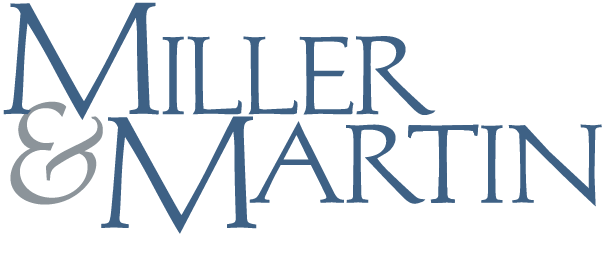Proposed FTC Rule to Prohibit Non-Competes
Miller & Martin PLLC Alerts | January 06, 2023
Authors: Jimmy Daniel | Jason McCarter
On January 5, 2023, by a vote of 3-1, the U.S. Federal Trade Commission (the “FTC”) proposed a new rule that would, among other things, prohibit employers on a nationwide basis from utilizing non-compete terms with employees that apply after employment. It is the FTC’s position that such non-competes constitute unfair competition in violation of federal law by “block[ing] workers from freely switching jobs, depriving them of higher wages and better working conditions, and depriving businesses of a talent pool that they need to build and expand.” The proposed rule is now open for public comment.
Key Terms of the Proposed Rule
The proposed rule would make it an unfair method of competition for an employer to enter into a “non-compete clause” with a “worker”; maintain a non-compete clause with a worker; or represent to a worker that the worker is subject to a non-compete clause where the employer has no good faith basis to believe that the worker is subject to an enforceable non-compete clause. The proposed rule would also require employers to rescind any existing non-compete clauses, including actively informing current and former workers that such clauses are no longer in effect.
The proposed rule defines a “worker” as a natural person who works (whether paid or unpaid) for an employer and expressly includes those classified as employees and independent contractors.
The proposed rule defines a “non-compete clause” as a contractual term with a worker that prevents the worker from seeking or accepting employment with a person, or operating a business, after the conclusion of the worker’s employment.
The proposed rule would not expressly prohibit the use of other commonly used restrictive covenants such as non-solicitation and non-disclosure provisions. That said, the proposed rule does state that a prohibited “non-compete clause” also includes a contractual term that operates as a “de facto non-compete clause,” providing as an example, a non-disclosure provision that is written so broadly that it effectively precludes the worker from working in the same field after the conclusion of the worker’s employment with the employer.
Sale of Business Exception
Through an express exclusion, the proposed rule would not apply to a non-compete clause entered into by a person who is selling (i) a business entity or otherwise disposing of all of the person’s ownership interest in the business entity or (ii) all or substantially all of a business entity’s operating assets, so long as the person restricted by the non-compete clause is a substantial owner of, or substantial member or substantial partner in, the business entity at the time the person enters into the non-compete clause.
Nationwide Scope
The proposed rule would supersede any inconsistent State law unless such law provides greater worker protections than those provided by the proposed rule.
Next Steps
The FTC will accept public comments on the proposed rule for a period of 60 days. The FTC will review those comments and may make changes, in a final rule, based on the comments and on the FTC’s further analysis of the issue. As currently drafted, the requirements of the proposed rule would become effective 180 days after a final rule is published.
This is just the first step in the administrative process, and any final rule will almost certainly result in litigation and possibly an injunction as seen in the past with other federal rules in the employment space. Still, this is a significant development that would upset many existing contracts and business forms and practices. It is generally much easier to know whether a non-compete clause has been violated than it is to know whether a trade secret has been misappropriated or whether a non-disclosure agreement has otherwise been violated. With that in mind, employers should take this opportunity to consider ways to shore up protection of their trade secrets and other confidential business information.
We Can Help
For more information about the potential impact of this proposed new rule, contact Jimmy Daniel, Jason McCarter or any attorney within our Labor & Employment or Trade Secrets & Non-Compete Litigation Practice Groups if we can be of further assistance.

